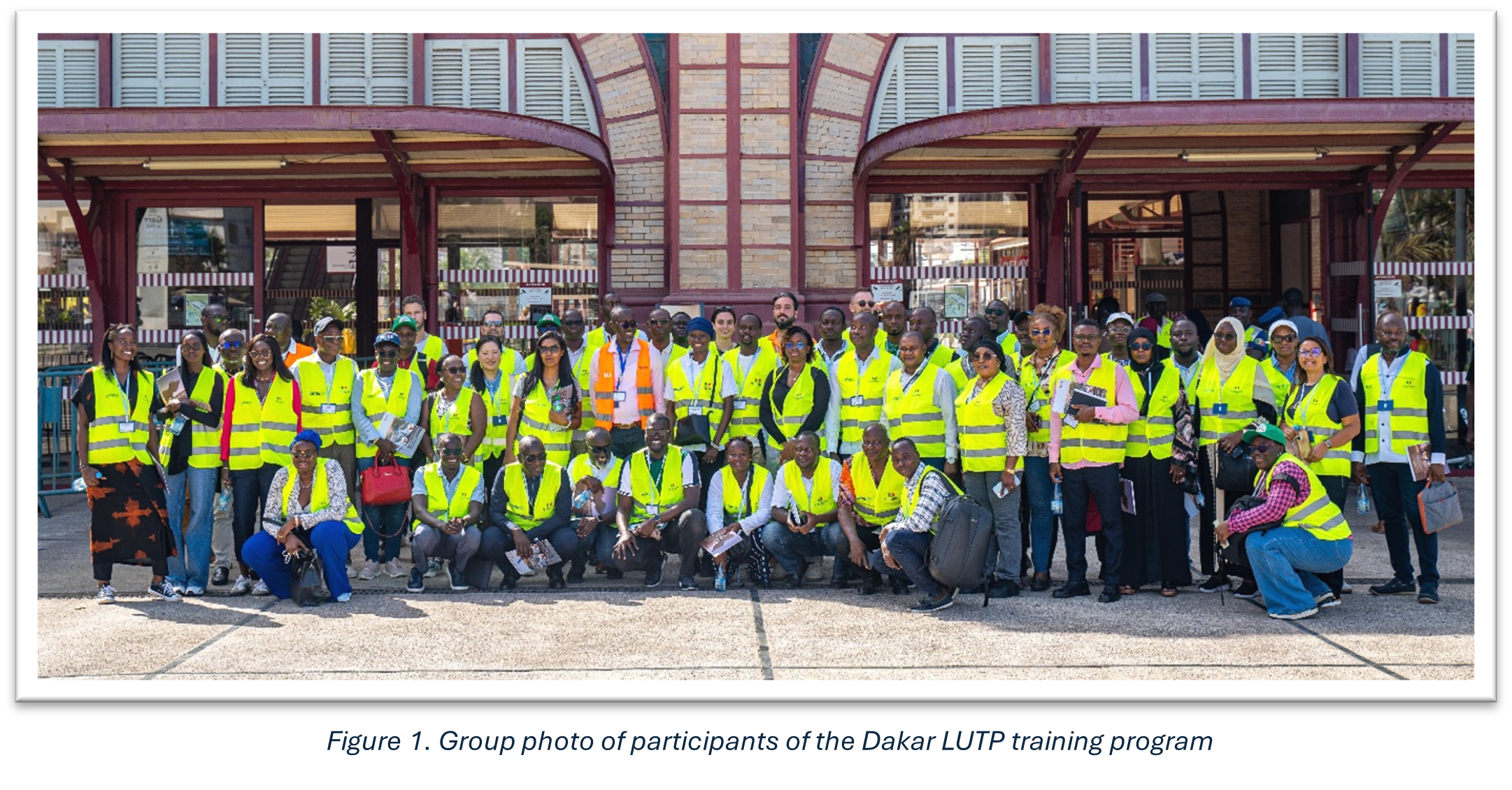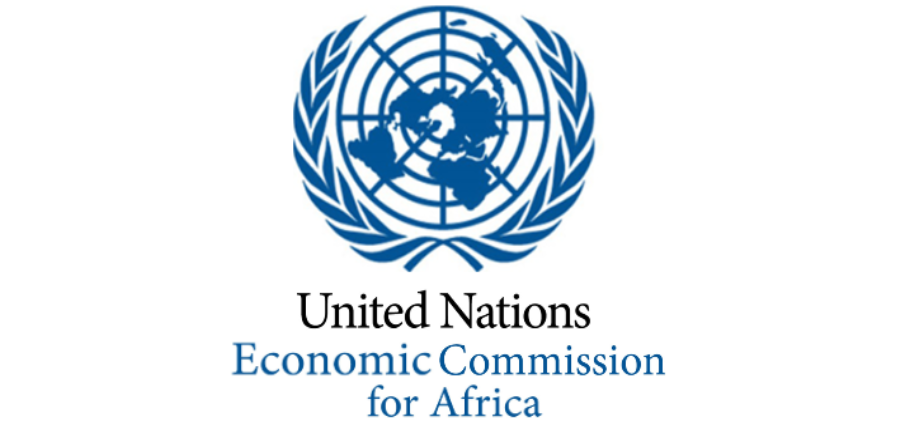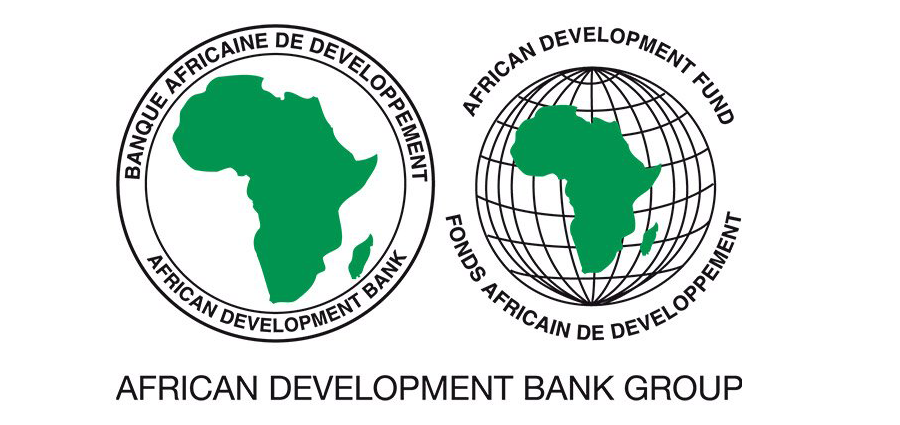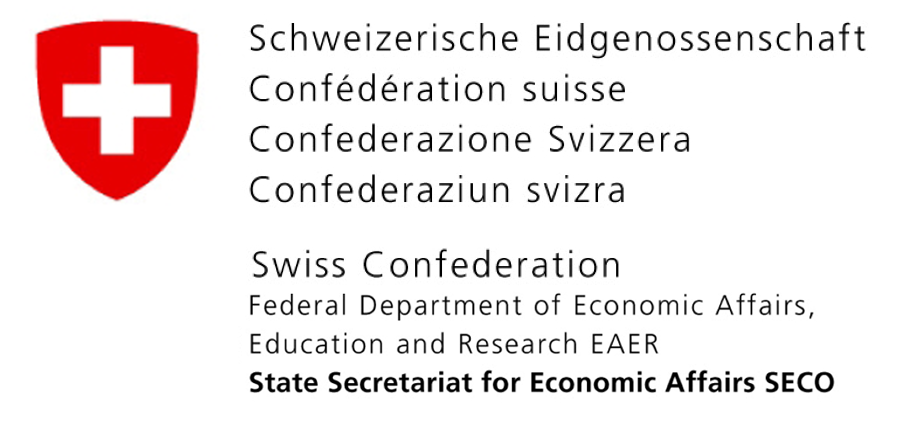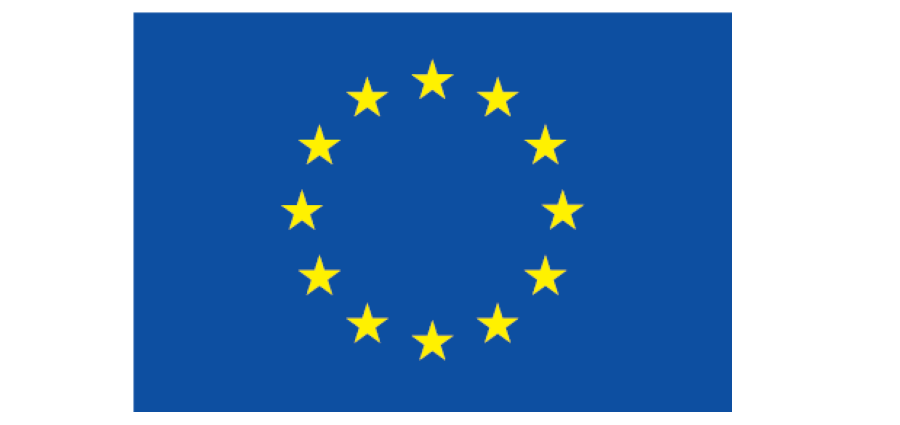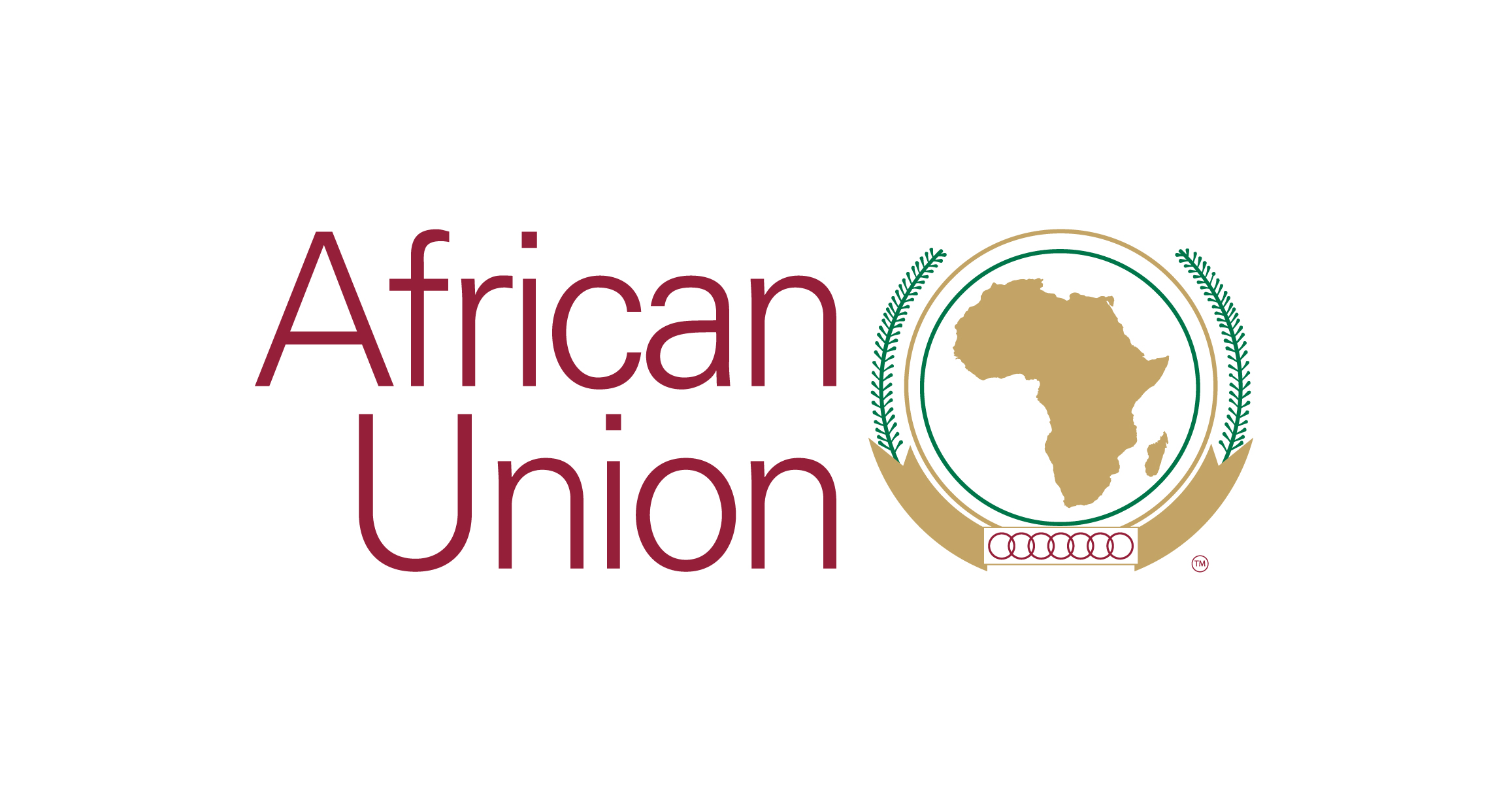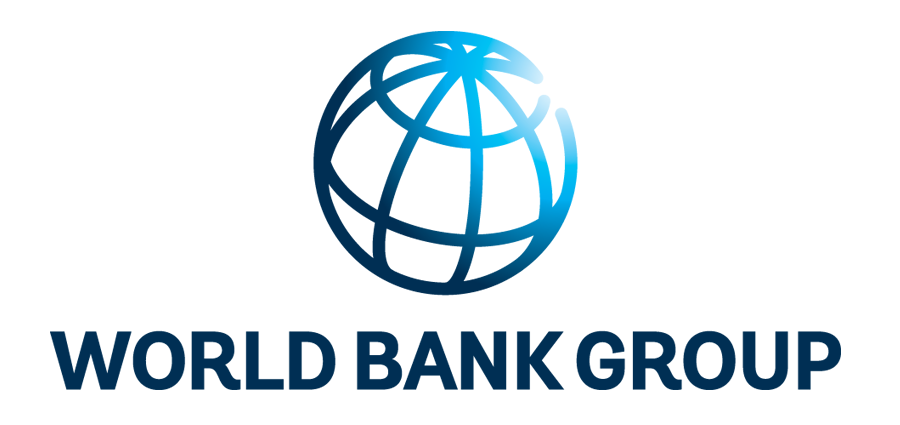Building Urban Mobility Leadership in Africa: Highlights from the LUTP Training Workshop in Dakar
Across Africa, cities are grappling with growing congestion, fragmented transport systems, and the urgent need for sustainable mobility solutions. Addressing these challenges requires more than infrastructure; it demands strong leadership, institutional capacity, and innovative planning.
To strengthen this capacity, the Leaders in Urban Transport Planning (LUTP) training program—a flagship initiative of the World Bank— equips decision-makers with the tools and skills to design and implement transformative urban mobility solutions. Held from June 16 to 20, 2025, a francophone edition of the LUTP program convened in Dakar, Senegal, co-organized with the Africa Transport Policy Program (SSATP) and Senegal’s Executive Council for Sustainable Urban Transport (CETUD). Over the course of five intensive days, 46 participants from 11 countries across West and Central Africa engaged in an immersive learning experience designed to strengthen their strategic and technical capabilities in urban mobility planning.
A Program Rooted in Four Pillars of Urban Transport Reform
The workshop agenda was structured around four interrelated thematic pillars, each addressing pressing urban mobility challenges and opportunities in African cities:
- Governance and Financing – Participants examined the institutional arrangements required for effective urban mobility governance, including the role of urban transport authorities through a case study on the Lagos Metropolitan Area Transport Authority (LAMATA). Sessions explored diverse financing approaches, with presentations and exercises illustrating how cities can mobilize public and private sector investment in transport infrastructure.
- Integration of Urban Development and Transport Planning – A key focus was on achieving land-use and transport integration to combat urban sprawl and promote transit-oriented development. Discussions emphasized the importance of aligning mobility systems with long-term spatial development strategies.
- Mass Transit Systems – Building robust public transport backbones was a central topic, explored through presentations and case studies on the planning, design, and operation of Bus Rapid Transit (BRT), commuter rail, and other high-capacity modes. Field visits to Dakar’s own mass transit investments offered participants first-hand insights into the practical realities of system implementation and operations.
- Professionalization of Paratransit Transport Operators – Recognizing the dominance of paratransit in African urban mobility, participants explored pathways for formalizing and improving informal services through regulation, training, and fleet renewal – anchored in real-world experiences such as Dakar’s AFTU program.
A Diverse and Dynamic Cohort
Participants represented national ministries, city governments, and transport authorities, with varied professional backgrounds in engineering, policy, and finance. Nearly 60 percent of attendees were actively involved in World Bank-supported urban mobility projects, making the workshop directly applicable to their work and reinforcing its practical value.
Bringing together delegates from Benin, Burkina Faso, Côte d'Ivoire, Guinea, Madagascar, Mali, Niger, Republic of Congo, Senegal, Chad, and Togo, the workshop allowed for a rich mix of perspectives that enhanced peer learning and fostered meaningful cross-country exchange.
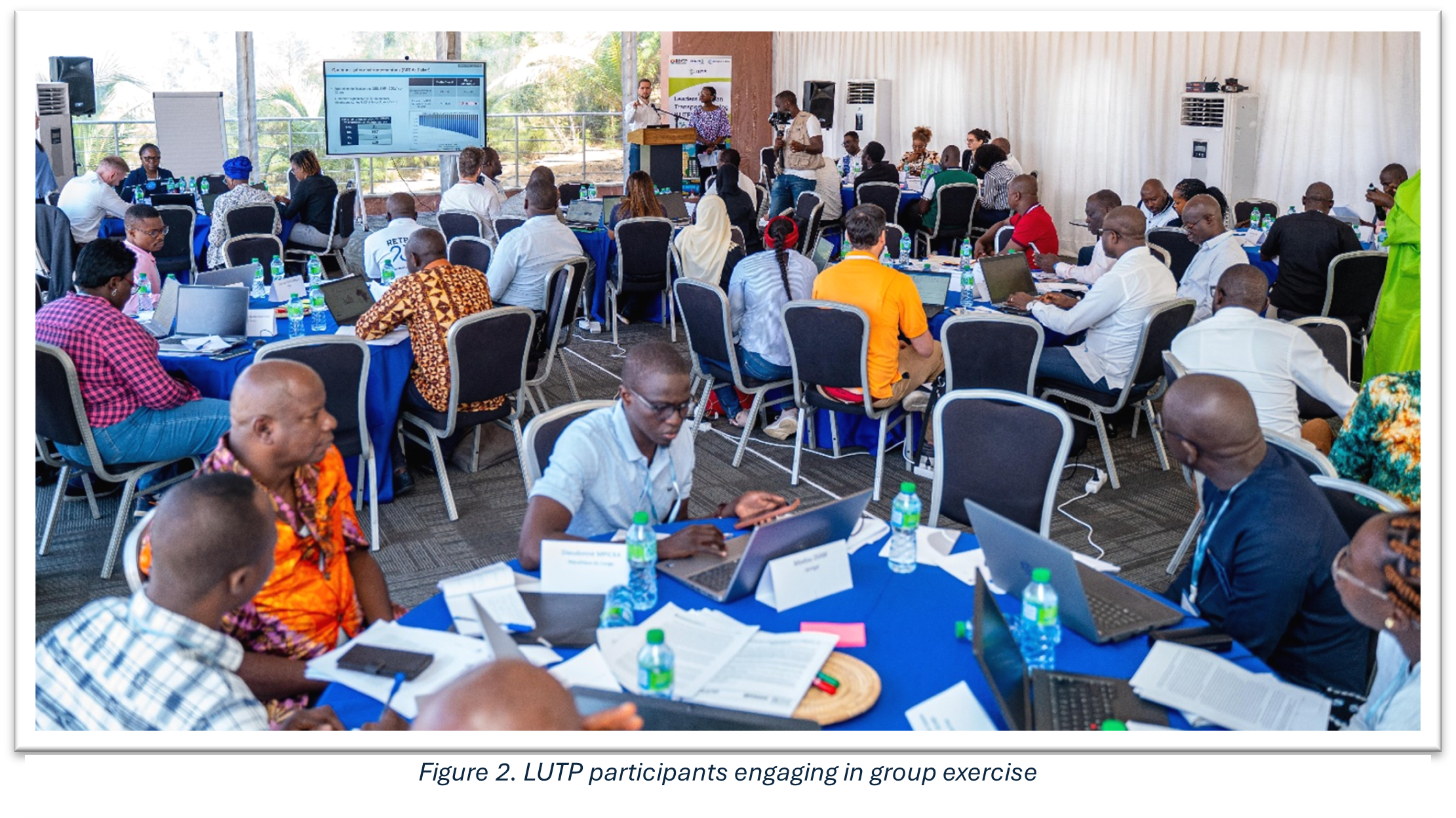
A Living Laboratory: Learning from Dakar’s Transport Investments
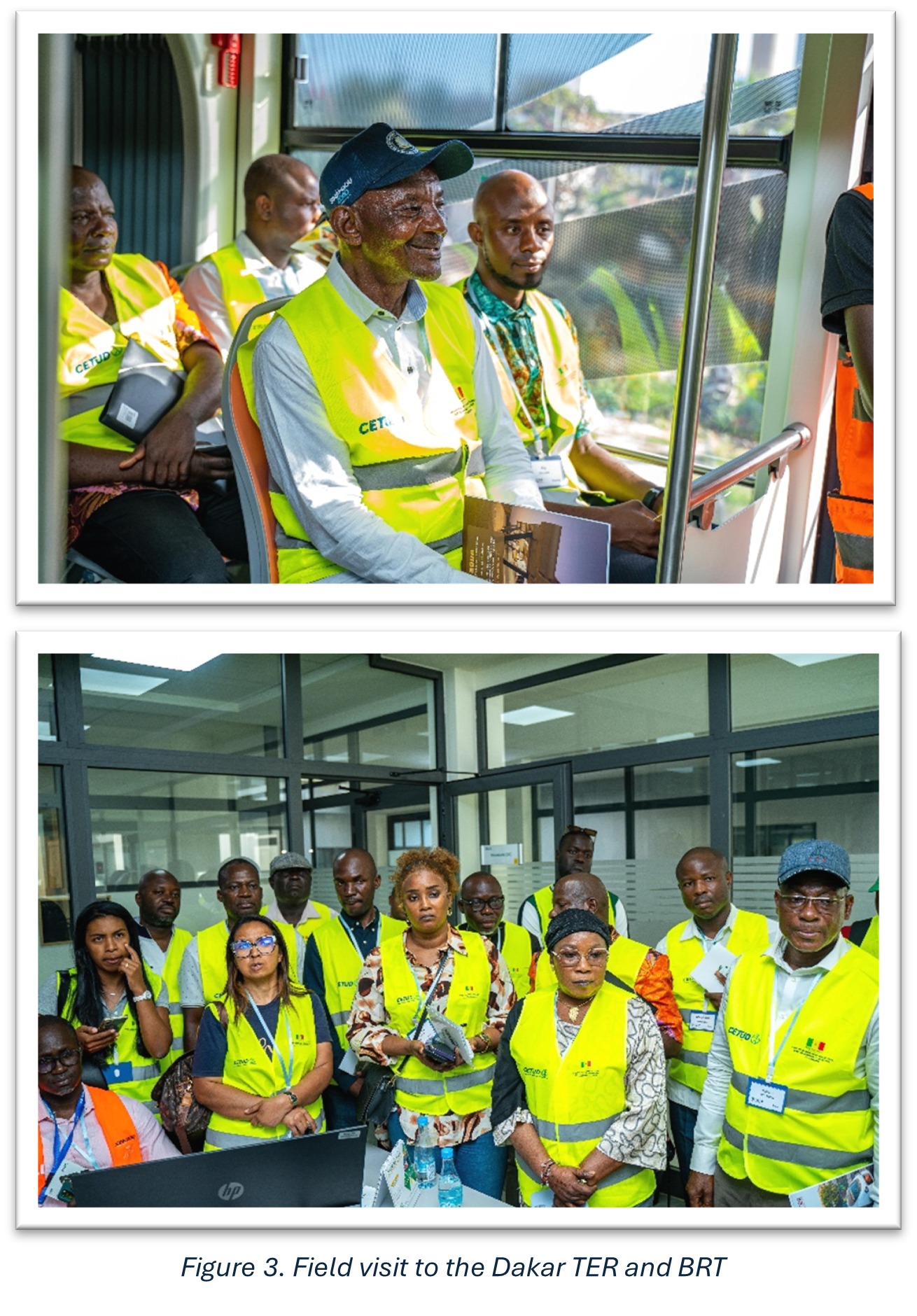 A highlight of the program was a half-day technical visit to Dakar’s two landmark transport projects. Participants toured the Train Express Régional (TER) operating center in Colobane, gaining insights into how SETER manages the system, including scheduling, maintenance, and multimodal connectivity. A short train journey to the central station allowed participants to experience the system from the user’s perspective.
A highlight of the program was a half-day technical visit to Dakar’s two landmark transport projects. Participants toured the Train Express Régional (TER) operating center in Colobane, gaining insights into how SETER manages the system, including scheduling, maintenance, and multimodal connectivity. A short train journey to the central station allowed participants to experience the system from the user’s perspective.
This was followed by a visit to Dakar’s 18-kilometer segregated Bus Rapid Transit (BRT) corridor, currently under implementation, which highlighted operational planning, client service strategies, and coordination among stakeholders. At the Petersen transport hub and the BRT operating center, CETUD officials and operators from Dakar Mobilité and DakarDemDikk shared details on day-to-day operations and inter-agency collaboration. These visits offered a rare opportunity to link classroom discussions with on-the-ground realities.
Co-Creation with CETUD: A Senegalese Perspective
CETUD, Senegal’s main urban transport authority, played a critical role in shaping the content and delivery of the training. As a longstanding partner of the World Bank and SSATP, CETUD brought deep local expertise and institutional knowledge to the workshop. From presenting Dakar’s paratransit reform to facilitating the site visits, CETUD’s involvement ensured the program was grounded in context-specific insights and innovations. The agency’s leadership exemplified how urban transport authorities can anchor sustainable mobility reforms.
A Platform for Peer Learning and Institutional Change
Beyond technical knowledge, the workshop served as a valuable platform for cross-country dialogue. Participants appreciated its interactive format, built around case-based discussions and group exercises that encouraged the exchange of experiences. Testimonials reflected notable shifts in thinking—especially regarding the role of governance, gender inclusion, and the integration of informal transport actors into urban mobility systems.
“My vision of the professionalization of paratransit has changed a lot… I will be able to make proposals in the direction of more efficient and safer urban transport,” said one participant.
“I am now convinced of the need to set up an urban mobility authority in my city,” added another.
Feedback from participants also highlighted a strong appetite for in-depth sessions on financing, inter-agency coordination, and inclusive mobility. With an average satisfaction rating of 9.1 out of 10, the Dakar workshop reaffirmed the value of LUTP as a tool for advancing sustainable urban mobility across Africa.
Looking Ahead
Since 2022, SSATP has co-organized and/or contributed to four LUTP training programs organized across the continent, reaching a total of over 150 participants from 19 countries.[1] These include sessions held in Ghana (September 2022), Cameroon (June 2023), Tunisia (October 2023), and Senegal (June 2025). Each training served as a platform for peer learning, policy dialogue, and hands-on capacity building aligned with the urban mobility needs of participating countries and cities.
As SSATP continues to support its member countries through the Sustainable Urban Mobility and Accessibility (SUMA) pillar of its Fourth Development Plan (DP4), initiatives like LUTP will remain instrumental in cultivating the leadership and institutional capacity needed to design and implement low-emission, inclusive, and integrated mobility systems across Africa.
Learn more about the LUTP program at www.worldbank.org/lutp.
[1] Participating countries: Benin, Burkina Faso, Cameroon, Central African Republic, Chad, Congo, Côte d’Ivoire, Djibouti, Ghana, Guinea, Haiti, Madagascar, Mali, Morocco, Niger, Senegal, Sierra Leone, Tunisia, Togo.
